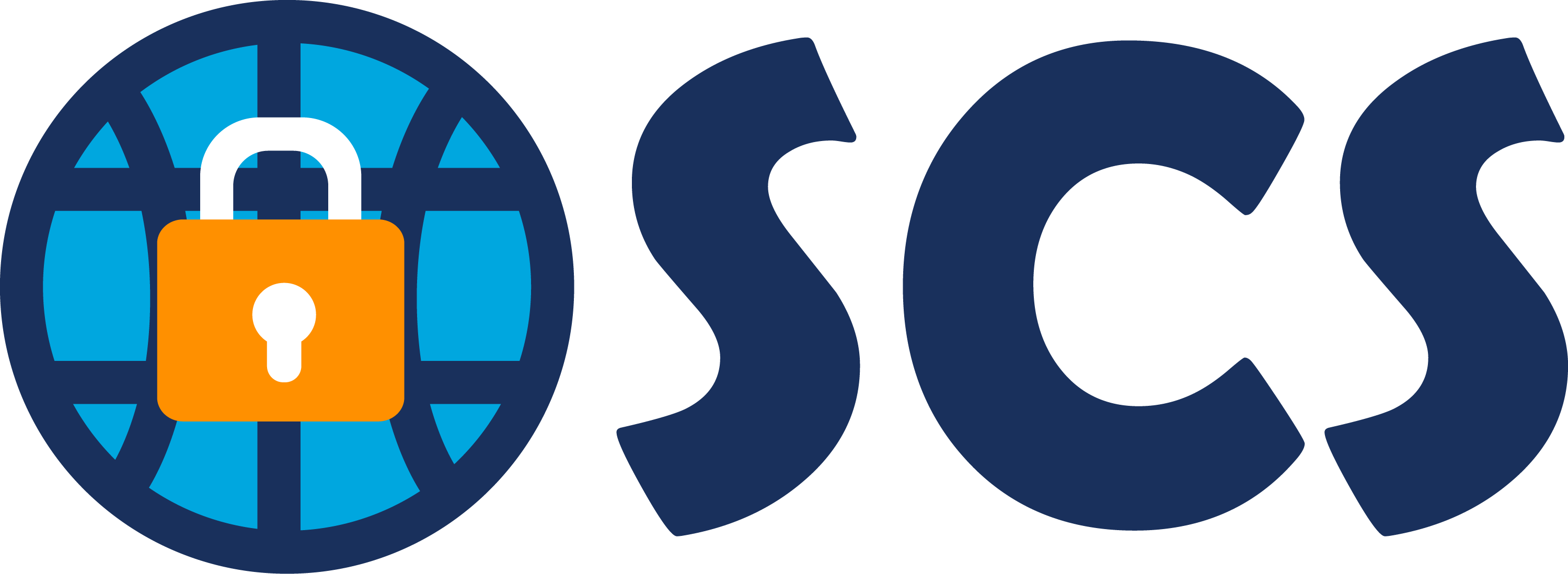Fully online conference




with EAI Index:
Find out more about EAI Index
Thank you for your involvement with EAI SCS 2024!
Welcome to the EAI Community
Let the EAI Community help you build your career with collaborative research, objective evaluation, and fair recognition:
- Extra visibility for your paper and fair review → Community Review
- Real-time evaluation and feedback on your presentation on-site → EAI Compass
About SCS 2024
Real-time systems are being used in automobiles, avionics, medical systems, nuclear plants, high-speed rail, and smartphones. Current real-time systems are inherently complex and built with heavy over-provisioning of resources to compromise between safety and functionality. Balancing safety and functionality requirements is required to maximize the performance of a system. Safety systems in safety-critical applications have to be completely separated from the control systems. The conservation of complexity is a justification of separation of concerns. With the growing focus on safety-critical systems, the principle of separation increasingly is important for adaptive embedded systems. Adaptive and reconfigurable embedded systems that integrate safety-critical and non-critical components, or that integrate safety and adaptive behaviors, require separation of concerns to control system complexity. Resource dependencies can be minimized by factoring out the reservation and consumption parts into separate programs. Moreover, communication should be separated from control to improve the level of predictability. The approach of splitting the whole program into a minimal set of resource dependencies makes the programs easier to understand and analyze. They can then be joined in a deterministic manner through specified timed interactions such as timed interfaces. Security is an important related area that can benefit through the separation of concerns. To build high-confidence real-time embedded systems, verification and validation are essential to ensure that the worst cases are evaluated and/or tested. Moreover, emerging technologies such as machine learning and edge-computing-based techniques are proven to be effective to increase the performance, safety, and security of real-time embedded systems.
Topics
Publication
All registered papers will be submitted for publishing by Springer and made available through SpringerLink Digital Library.
Proceedings will be submitted for inclusion in leading indexing services, such as Web of Science, Compendex, Scopus, DBLP, EU Digital Library, Google Scholar, IO-Port, MathSciNet, Inspec, and Zentralblatt MATH.
Additional publication opportunities:
- EAI Transactions series (Open Access)
- EAI/Springer Lecture Notes of the Institute for Computer Sciences, Social Informatics and Telecommunications Engineering – LNICST
(titles in this series are indexed in Ei Compendex, Web of Science & Scopus)
About EAI
This event is organized by EAI.
EAI – European Alliance for Innovation is a non-profit organization and a professional community established in cooperation with the European Commission to empower the global research and innovation, and to promote cooperation between European and International ICT communities.
EAI’s vision is to foster excellence in research and innovation on the principles of transparency, objectivity, equality, and openness. Our guiding principle is community cooperation to create better research, provide fair recognition of excellence and transform best ideas into commercial value proposition.
EAI‘s mission is to create an environment that rewards excellence transparently, and builds recognition objectively regardless of age, economic status or country of origin, where no membership fees or closed door committees stand in the way of your research career.
Through these shared values, EAI leads the way toward advancing the world of research and innovation, empowering individuals and institutions for the good of society to fully benefit from the digital revolution.
Important dates
20 August 2024
Notification deadline
15 September 2024
Camera-ready deadline
10 November 2024
Start of Conference
5 December 2024
End of Conference
6 December 2024
Full Paper Submission deadline
10 September 2024
Notification deadline
15 November2024
Camera-ready deadline
30 November 2024
Sponsors


